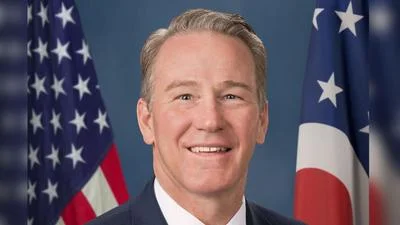Dean Rieck Executive Director | Buckeye Firearms Association
Dean Rieck Executive Director | Buckeye Firearms Association
President Donald Trump signed a new bill on July 4, which eliminates the $200 tax stamp fee for suppressors but keeps them regulated under the National Firearms Act of 1934. The change will be effective from January 1, 2026. In response, the NRA and other gun rights advocates plan to file a lawsuit challenging the constitutionality of the NFA in Federal Court.
Gun control groups like Everytown and Giffords argue that suppressors are dangerous and should remain restricted. They claim that these devices do not protect hearing and that deregulation is aimed at increasing industry profits.
Contrastingly, in the United Kingdom, a public consultation was held regarding removing sound moderators from firearm licensing laws. Sound moderators are controlled under section 57(1)(d) of the Firearms Act 1968. The UK government’s consultation received almost 20,000 responses with overwhelming support for deregulating sound moderators.
According to a report by the Home Office released in June, significant public support exists for removing sound moderators from licensing controls. A notable majority agreed there was no safety risk involved and acknowledged health benefits from using sound moderators.
Despite strong arguments favoring deregulation, the UK government recommended limiting possession to those with valid firearms certificates until legislative changes can be made.
In America, millions of registered suppressors exist with little evidence linking them to crime. A study noted their rare use in criminal activities. Ronald Turk from ATF suggested removing suppressors from NFA classification due to their minimal role in crime.
The comparison between US and UK policies highlights differing approaches towards suppressor regulation and raises questions about outdated classifications within American law.






 Alerts Sign-up
Alerts Sign-up